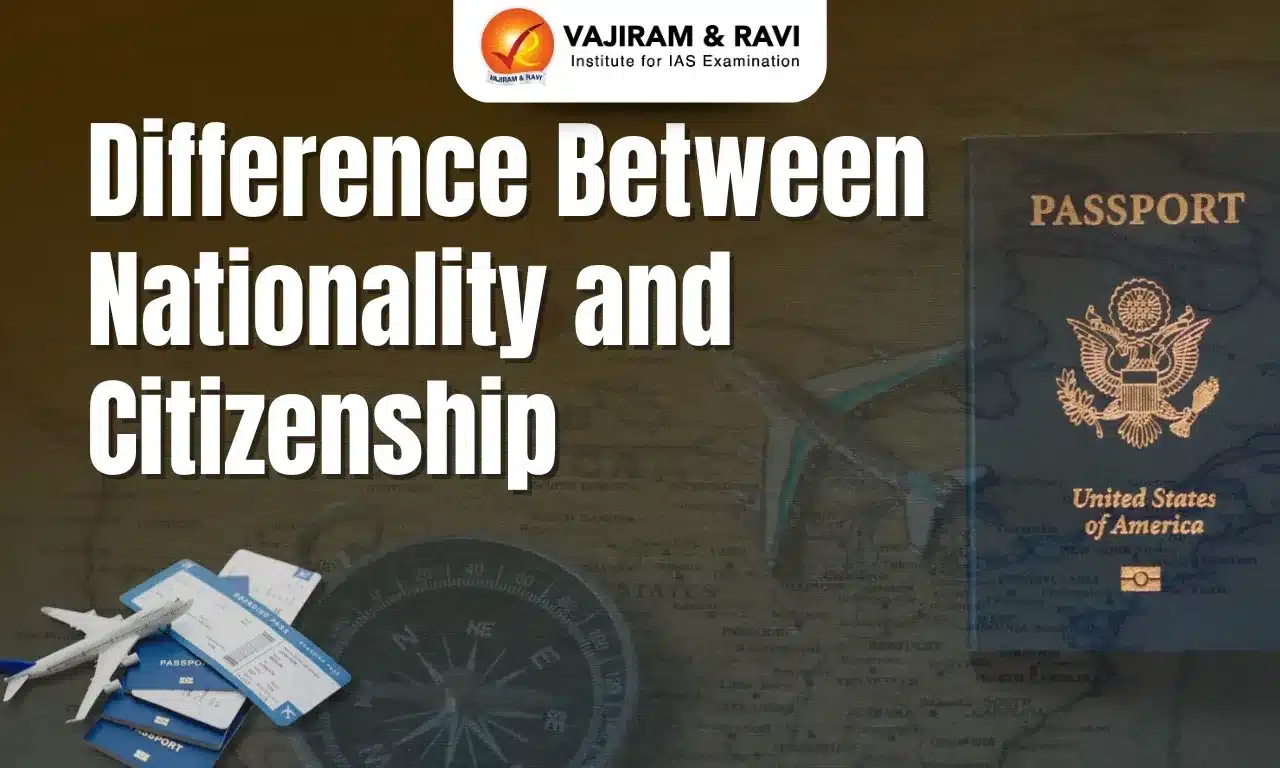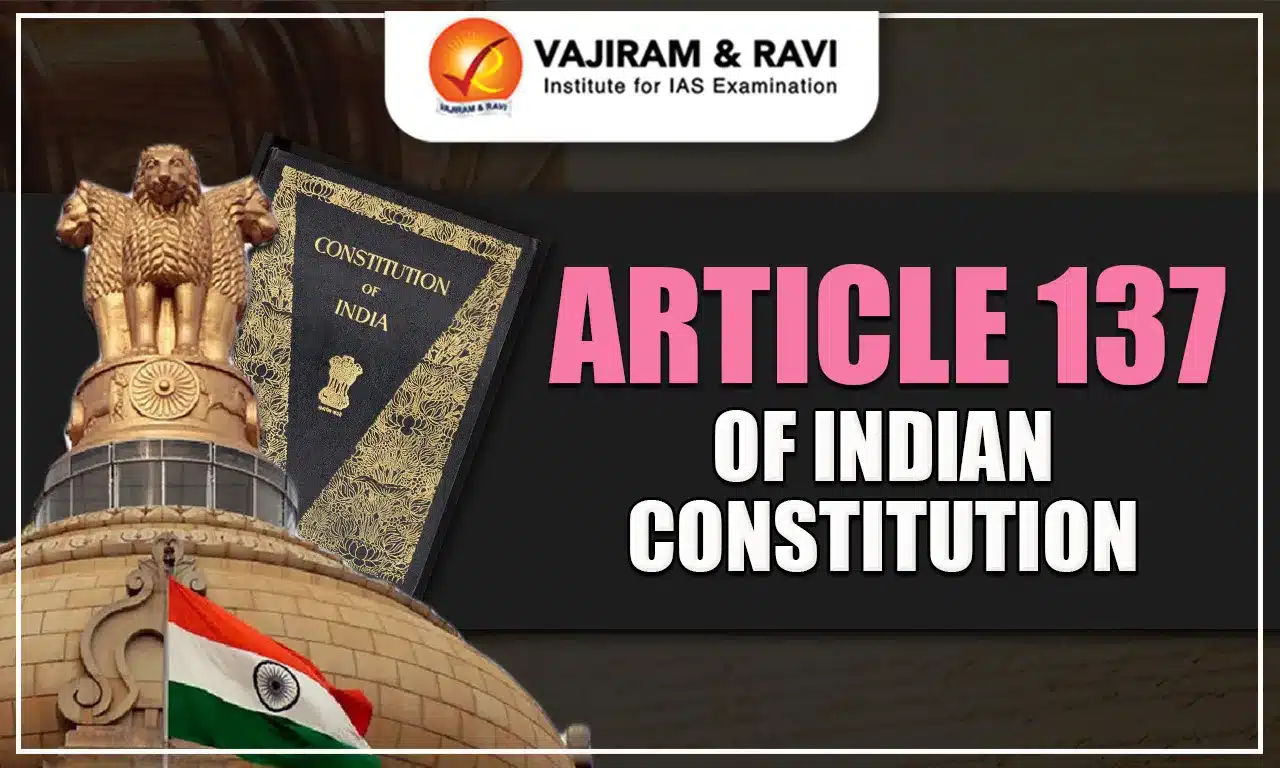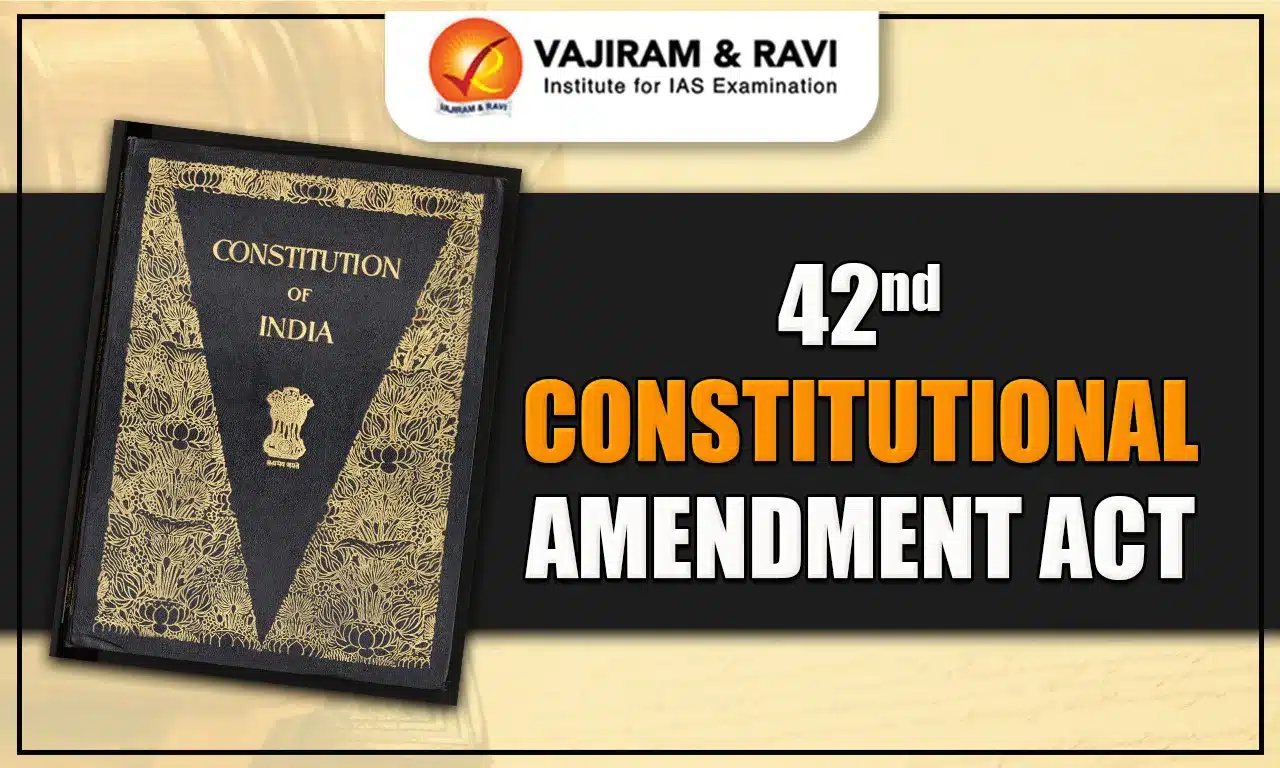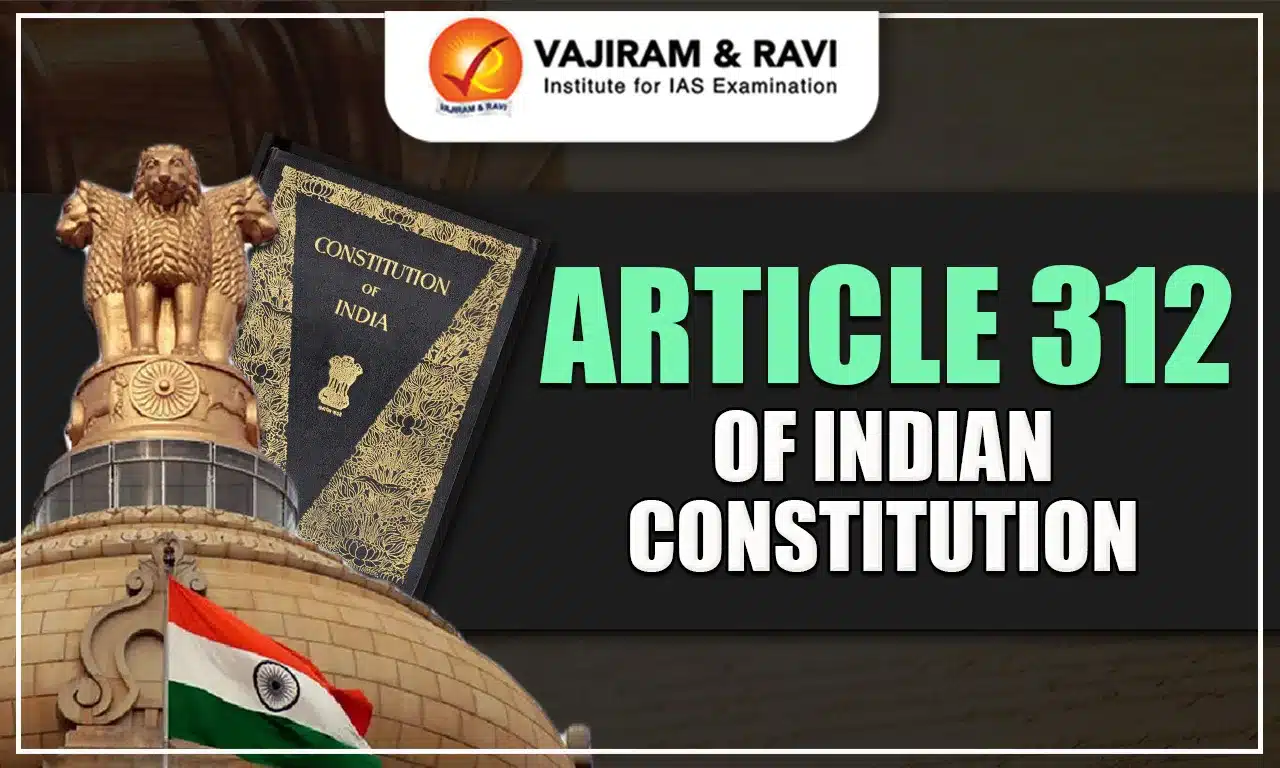The difference between citizenship and nationality marks an important distinction in both the terms. Often used interchangeably, both terms have different meanings. Nationality refers to the membership one inherits from their parents, while citizenship is a legal status provided by a nation-state. Both the terms define the connection of an individual with a country, however citizenship can be given through legal processes like registration and naturalisation, not alone birth. Despite their similarities, nationality and citizenship carry unique legal implications and cultural significance. This article examines their differences, emphasizing how they define individuals’ connections to a country and their associated rights and responsibilities.
What is Nationality?
Nationality is a legal bond between a specific country and nation. It represents the membership of a person with a particular nation, determined by birth, descent and naturalisation. Nationality gives a person their political identity within a country and gives certain rights and duties connected to becoming a member of that nation.
What is Citizenship?
Citizenship refers to the legal status that allows a person to fully become a member of a specific country and nation. The subset of nationality portrays the formal and active relationship in an individual and the state. Citizenship also refers to particular privileges, rights and responsibilities within a political community. It focuses on active participation and responsibilities of a person of the country. Used interchangeably, the difference between nationality and citizenship is important in both political and legal context.
Nationality and Citizenship Key Difference
While “Nationality” represents where an individual is born, “Citizenship” shows the legal requirements and the political status that recognises an individual as a citizen. The differences between Nationality and Citizenship are:
|
Difference |
Nationality |
Citizenship |
|
Basis |
Acquired by birth within a country or descent from nationals |
Obtained through legal processes like birth, naturalization, or marriage |
|
Definition |
Status of belonging to a particular nation |
Legal belonging to a particular country or state |
|
Diplomatic Protection |
Limited consular protection while abroad |
Full consular assistance and protection |
|
Duration of Status |
Lifelong unless voluntarily renounced or revoked |
Typically lifelong, but can be revoked under certain circumstances |
|
Inheritance |
Inherited from parents in some cases, regardless of birthplace |
Citizenship by birthright in some countries, regardless of parents’ nationality |
|
Multiple Citizenship |
Many countries allow dual or multiple nationalities |
Dual citizenship allowed in some cases, varies by country |
|
Obligations |
Limited obligations compared to citizens |
Obedience to laws, tax payment, and possibly military service |
|
Passport Issuance |
Eligible for a national passport, benefits vary |
Entitled to a valid passport for international travel and consular aid |
|
Political Participation |
May lack voting rights in home country elections if residing abroad |
Generally entitled to vote and participate in political processes |
|
Rights and Benefits |
Limited rights, such as residency and employment in the home country |
Full legal rights, including voting, social benefits, and legal protections |
|
Stateless Individuals |
Risk of statelessness without recognized nationality |
Legal recognition and protection, preventing statelessness |
Last updated on July, 2025
→ UPSC Notification 2025 was released on 22nd January 2025.
→ UPSC Prelims Result 2025 is out now for the CSE held on 25 May 2025.
→ UPSC Prelims Question Paper 2025 and Unofficial Prelims Answer Key 2025 are available now.
→ UPSC Calendar 2026 is released on 15th May, 2025.
→ The UPSC Vacancy 2025 were released 1129, out of which 979 were for UPSC CSE and remaining 150 are for UPSC IFoS.
→ UPSC Mains 2025 will be conducted on 22nd August 2025.
→ UPSC Prelims 2026 will be conducted on 24th May, 2026 & UPSC Mains 2026 will be conducted on 21st August 2026.
→ The UPSC Selection Process is of 3 stages-Prelims, Mains and Interview.
→ UPSC Result 2024 is released with latest UPSC Marksheet 2024. Check Now!
→ UPSC Toppers List 2024 is released now. Shakti Dubey is UPSC AIR 1 2024 Topper.
→ Also check Best IAS Coaching in Delhi
Difference Between Nationality and Citizenship FAQs
Q1. Is citizenship and nationality the same thing?+
Q2. What is an example of nationality and citizenship?+
Q3. Is Indian a nationality or citizenship?+
Q4. Is British my nationality or citizenship?+
Q5. What is my nationality if I was born in India?+















